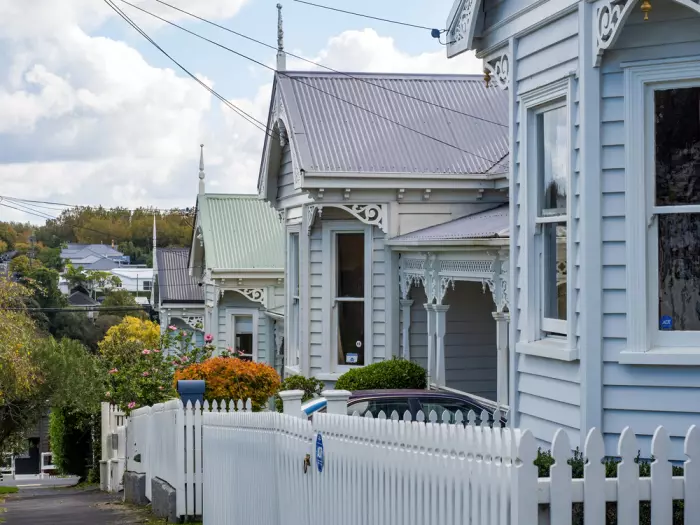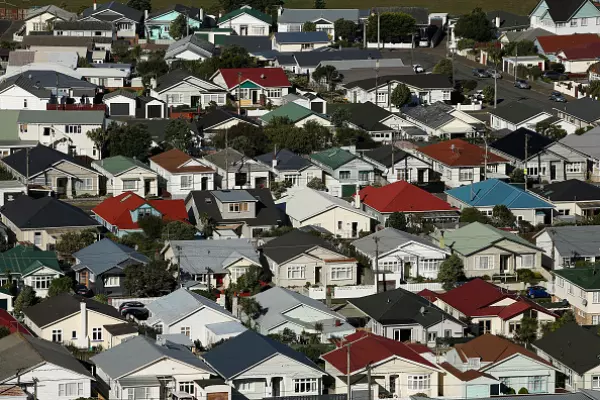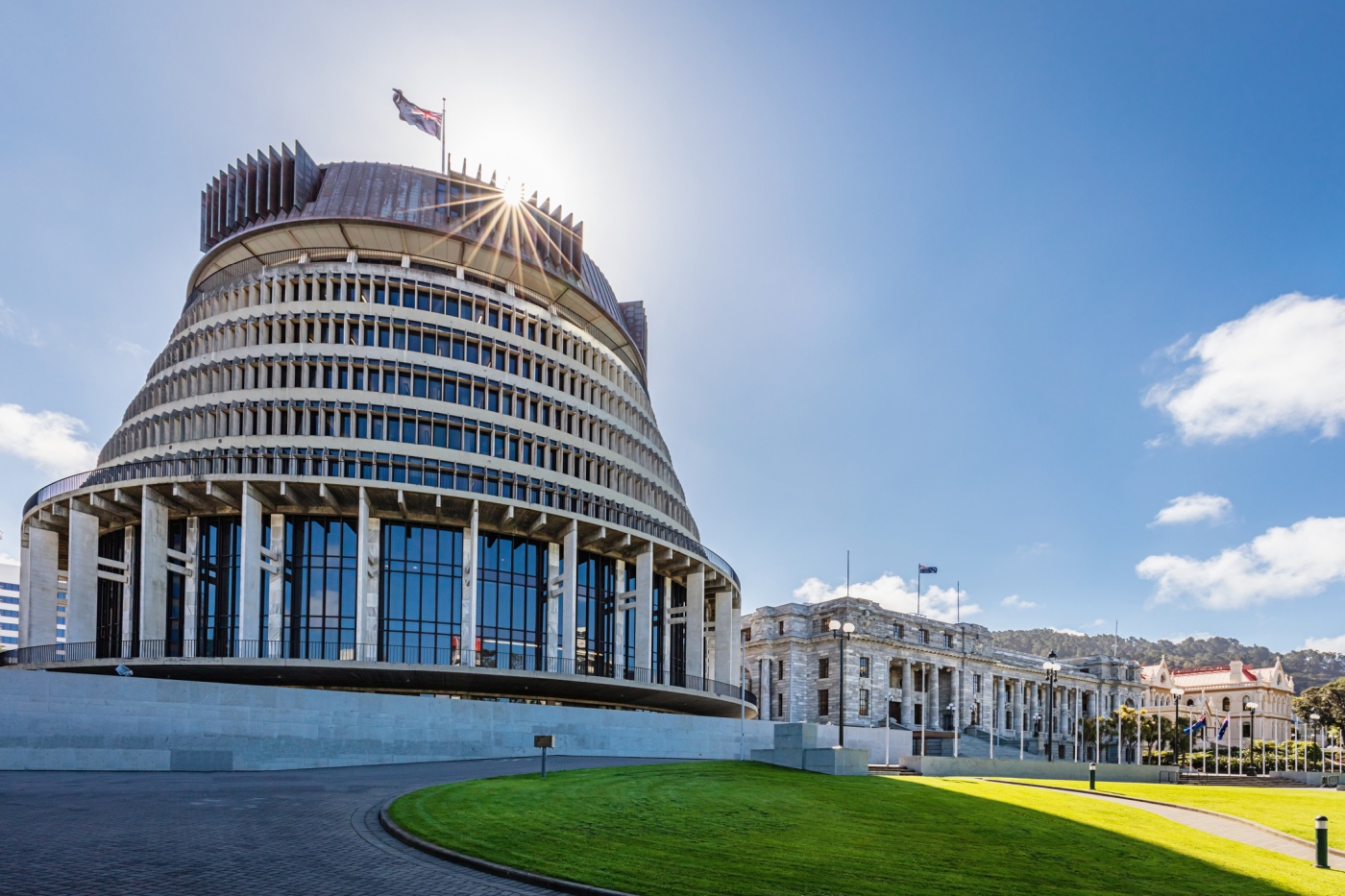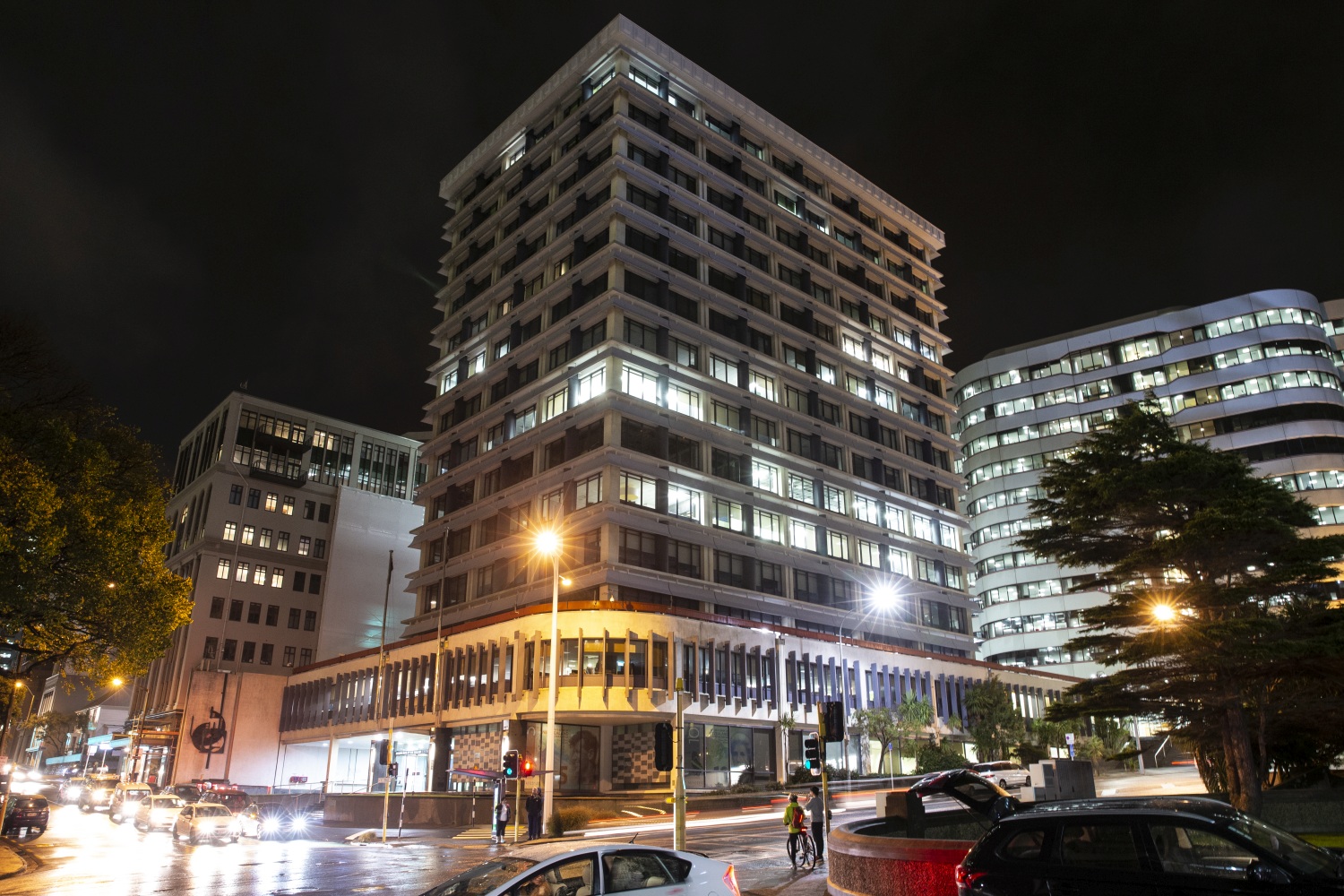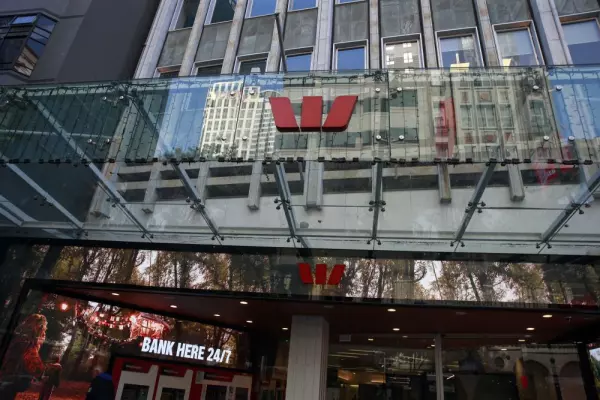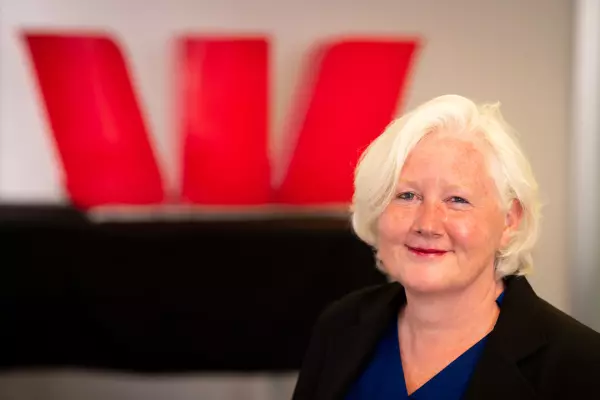The Reserve Bank is proposing tighter loan-to-valuation ratio restrictions (LVRs), this time clamping down on owner-occupiers, rather than landlords.
Rather than allowing banks to allocate up to 20% of new lending to those with less than a 20% deposit, the new restrictions would limit them to no more than 10% of new lending.
Deputy govenor and head of financial stability Geoff Bascand said analysis indicates house prices are above their sustainable level.
"The risks of a housing market correction are continuing to rise.
"The proposed tightening of LVR restrictions will, over time, help reduce the number of highly leveraged borrowers and help to build resilience in the financial system," Bascand said in announcing consultation on the tightening.
RBNZ reimposed LVRs from March – it had removed them last year in response to the covid crisis – and tightened restrictions on property investors from May.
The government had announced tax changes in March aimed at deterring property investors, including removing the tax deductibility of mortgage interest and doubling the "brightline" test to 10 years. If an investor owns a house for less than 10 years, they will be subject to tax on any capital gains.
Landlord lending down
"Since these changes were introduced, the volume of new investor lending (as a share of total lending) has declined to below its historical average," Bascand said.
"This has been especially pronounced for high-LVR investor lending. Despite this, house prices have continued to rise, and we have seen a significant increase in higher-risk loans to owner-occupiers," he said.
The Real Estate Institute's house price index rose 30.6% in the year ended July.
"Lending at LVRs greater than 80% has nearly tripled since 2017, with the large majority of this lending going to first-home buyers, followed by existing owner-occupiers."
Although stress testing suggests the financial system is well placed to weather shocks such as a collapse in house prices, Bascand said the Reserve Bank is concerned about the future risks to economic and financial stability if this higher-risk borrowing was allowed to continue at its current rates.
The Reserve Bank is inviting submissions between now and Sept 17 on this proposed tightening and said it will release its final decision in late Sept along with a regulatory impact assessment and a summary of submissions.
"Our current intention is to implement the new LVR settings from October 1. Given the heightened covid-19 alert levels, we are open to feedback from banks on the feasibility of the proposed timeframe," it said.
Using tighter LVRs is the most suitable tool for an immediate response.
Hurting first-home buyers
"We acknowledge that tightening LVR restrictions on owner-occupiers is likely to reduce the number of first-home buyers with low deposits who are able to enter the housing market in the short term," the Reserve Bank said.
"However, reducing house price inflation will improve affordability for first-home buyers."
It also pointed out that programmes such as Kainga Ora home loans and exemption from LVRs for new builds will continue to support first-home buyers.
When finance minister Grant Robertson formally ordered the Reserve Bank to consider the impact of its actions on house prices, it specifically said it didn't want first-home buyers to be deterred.
Last month, the Reserve Bank decided not to raise its official cash rate, but only because of the national lockdown to prevent the spread of the delta variant of covid-19 from spreading. Governor Adrian Orr told parliament's finance and expenditure committee that house prices should be falling, given current supply and demand signals.
"If supply is rising and demand is flat, then prices fall," Orr said.
Figures released earlier this week showed consents to build new houses issued hit a record in the year ended July and were up 20% on the previous year.


